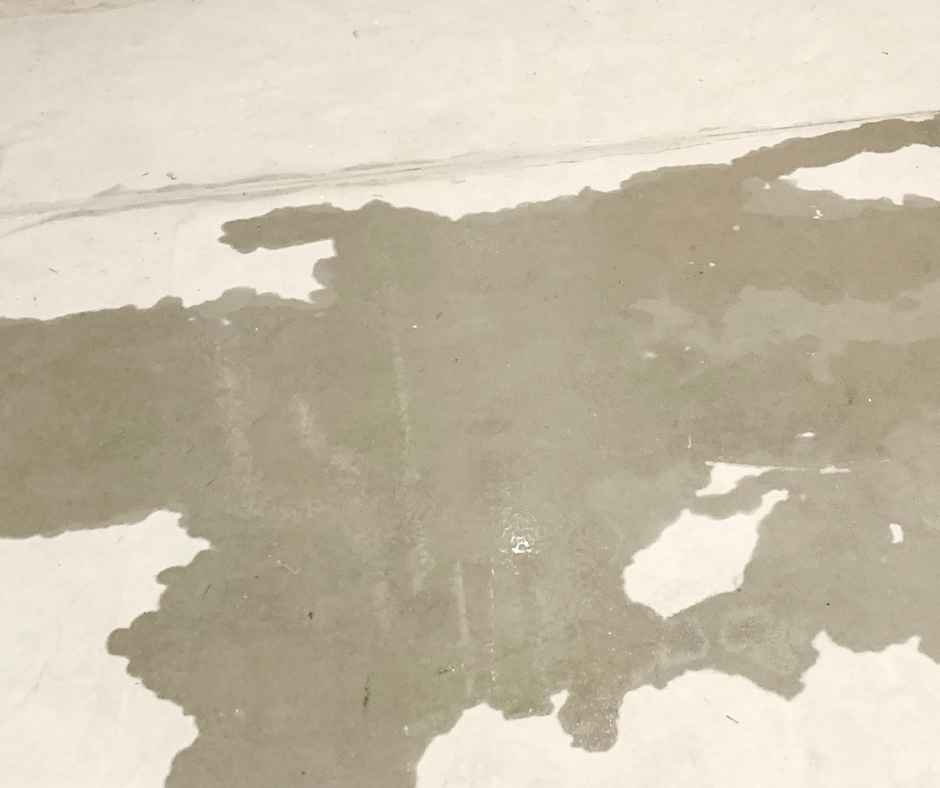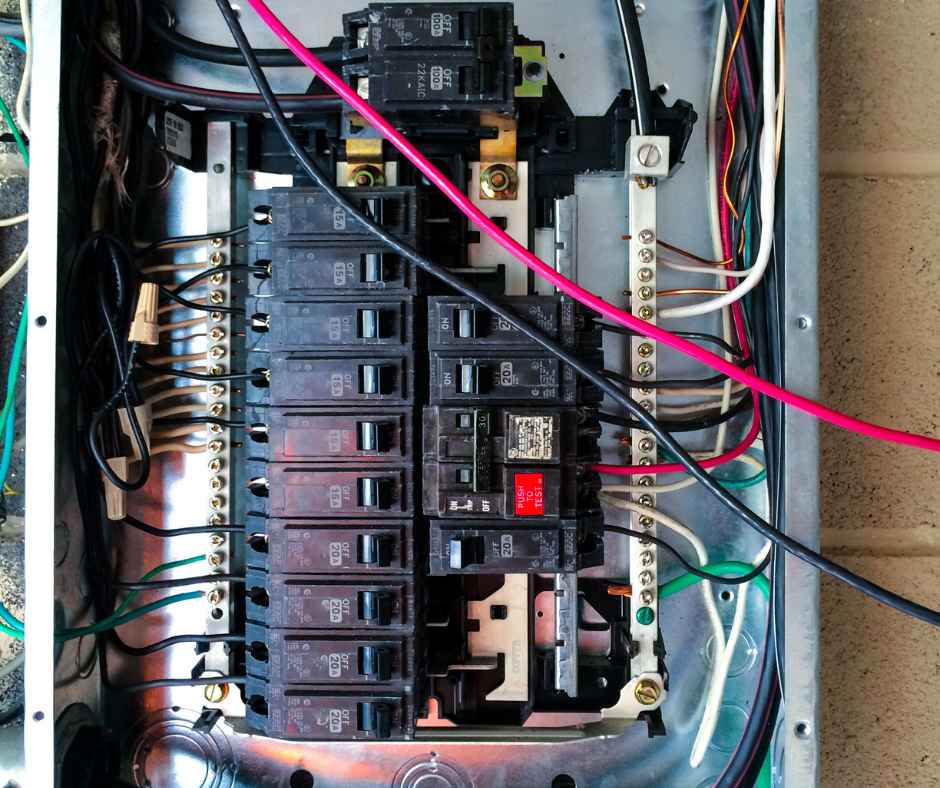Electrical Panel Cheat Sheet

Do you know what your electrical panel is for? It’s common knowledge that every house has one. We usually all know where to find it in our home, but do you know how it works and what purpose it serves?
The electrical panel, or distribution board, is essentially the hub for all the electrical wiring in your home. It ensures that current levels don’t get dangerously high. The electrical panel also controls where the electricity in your home flows. It uses a series of separate circuits each coming from their own circuit breaker.
Now that you know what your electrical panel is for and what it does, your favorite electricians in Colorado Springs are here to help! Here are the 3 important components to knowing your way around your electrical panel in your home.
- The first part to note are the circuit breakers. These are the “switches” you see located in the control panel once you have either opened or unfastened the electrical panel door. Each circuit in your house has a matching breaker for instances when there is an electric overload.There are two types of standard breakers, single pole and double pole. With a single pole breaker, they can handle up to 120 volts and are usually 15 to 20 amps. With the double pole breaker, they can handle 240 volts and are 15 to 25 amps. The single pole breakers make up much of the breakers in your electrical panel, while the double pole breakers are just for big appliances.
- The next important component to your electrical panel is the service disconnect. This switch is for cases of emergency when you need to shut off power to your entire home. When looking for your service disconnect, note that it is usually the biggest switch in your breaker box and it is between 100 to 200 amps.
- The third portion of your electrical panel is called the expansion slots. These slots are where you can add more circuits if need be. For example, if you add electricity to a room in your home that didn’t previously have electricity, then you can have a licensed electrician add this circuit to your electrical panel.
As for maintenance on your electrical panel, they can last anywhere from 25-40 years. If your house is older, keep in mind that you may need to replace it at some time. There are also circumstances where you might need to add a sub-panel or upgrade your electrical panel to handle more circuits safely.
Electrical panels can be a fire hazard and because of this it’s important that you know the basics about the panel in your home, but you should never attempt to change or manipulate any of the breakers in your electrical panel. Make sure you always have a licensed electrician service your panel, usually once a year suffices.




